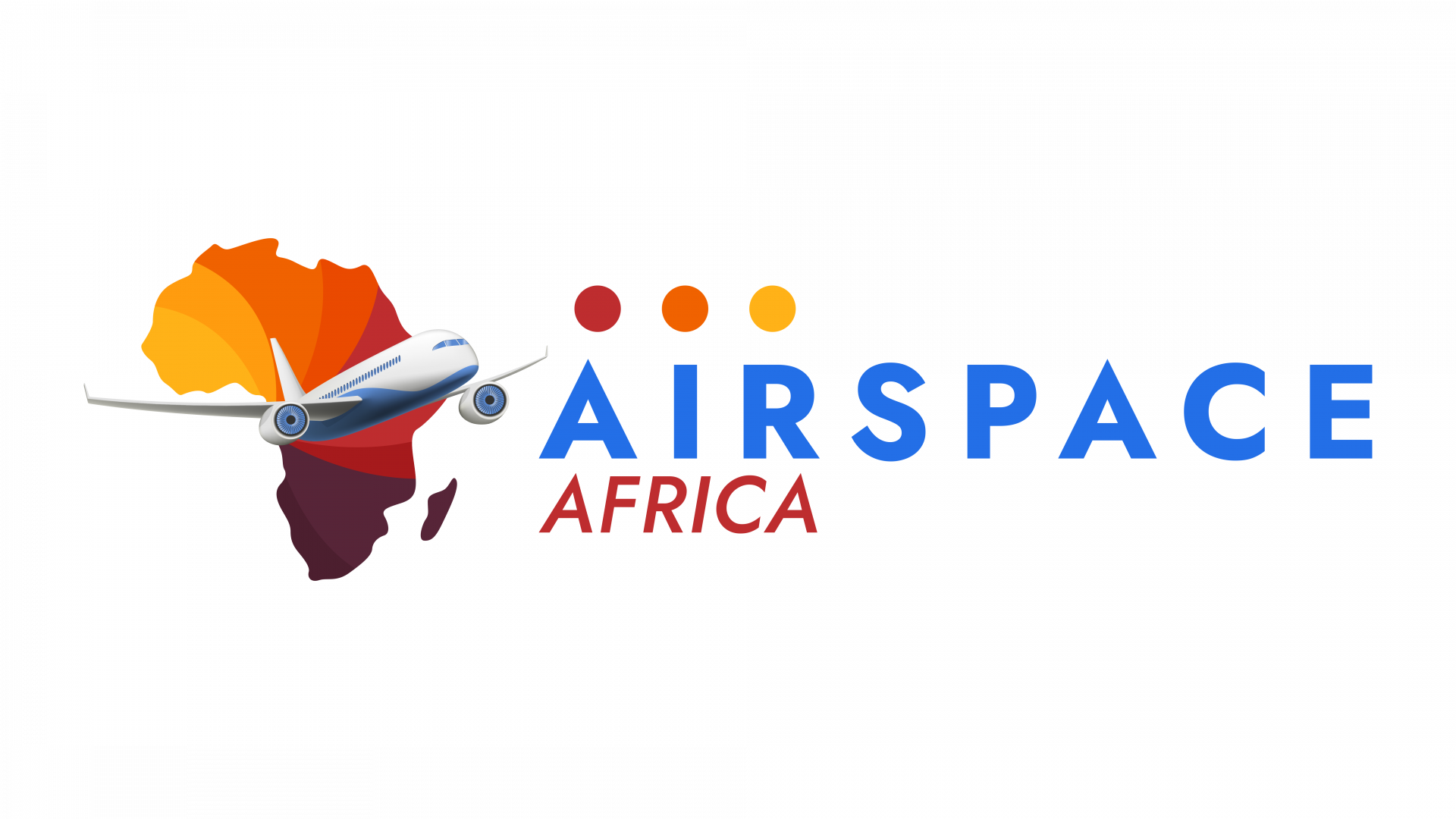South African regional carrier Airlink, one of the main airlines serving Mozambique, has considered suspending the sale of tickets in the country as the airline struggles to repatriate revenues earned locally. The move would highlight the escalating crisis of blocked airline funds across Africa, which is threatening the sustainability of air connectivity in key markets.
In a letter addressed to Noor Momadem, president of the Association of Travel Agents and Tour Operators of Mozambique (Avitum), Airlink explained that persistent difficulties in repatriating funds from Mozambique had placed “considerable pressure” on its financial operations.
“Despite our continued commitment to serving the region and supporting the local tourism sector, we face persistent difficulties in repatriating funds generated by airline ticket sales in the country,” the airline wrote. “Regrettably, we are seriously considering terminating airline ticketing through local booking channels in Mozambique.”
Airlink said it would provide “extensive notice and support” should the suspension of local ticketing be finalized, but acknowledged the decision would have major implications for travel agents and passengers alike.
The crisis comes amid growing concerns over blocked airline revenues worldwide. According to the International Air Transport Association (IATA), airlines had $1.3 billion in unrepatriated funds globally as of April 2025, with the Africa and Middle East region accounting for 85% of the total.
Mozambique has now overtaken other countries to become the single largest contributor to blocked funds, withholding $205 million from airlines, up from $127 million in October 2024. This sharp increase underscores the severity of the issue and its immediate impact on aviation stakeholders.
Globally, although blocked funds have declined from $1.7 billion in October 2024, IATA insists that governments must urgently remove barriers preventing airlines from accessing their revenues.
Mozambique’s Finance Minister, Carla Loveira, confirmed on June 16 that the government is working with domestic banks to release the necessary foreign currency to airlines.
“We are working with the banks to ensure the requested export of foreign currency,” Loveira said, though no concrete timeline was given.
IATA Director General Willie Walsh stressed that withholding airline revenues undermines the sustainability of global air transport.
“Ensuring timely repatriation of revenues is vital,” Walsh said. “Delays and denials violate bilateral agreements and increase exchange rate risks. Reliable access to revenue is critical for any business, especially for airlines operating on very thin margins. Economies and jobs depend on international connectivity. Governments must understand that it is challenging for airlines to maintain connectivity when revenue repatriation is denied or delayed.”
Mozambique’s Confederation of Economic Associations (CTA) has also warned that the lack of foreign currency in the domestic market is forcing airlines to scale back operations, thereby threatening the tourism industry and broader economic activity.
If Airlink decided to halt local ticket sales, this could have significant consequences for Mozambique’s connectivity, especially given the country’s reliance on air transport to link its cities and tourism destinations.
Airlink’s CEO, de Villiers Engelbrecht, has since commented on the issue in an update:
“Since last week, there have been some encouraging developments, including high-level meetings with the relevant Mozambican banking and government officials as recently as this Monday afternoon. On the basis of these good faith and frank discussions, we are optimistic that Mozambique’s authorities will swiftly provide a solution enabling Airlink to expedite the repatriation of its revenues generated from sales in that market.”
The crisis also places renewed pressure on African governments to address the long-standing issue of blocked airline funds. With airlines already operating on thin margins, further restrictions on revenue repatriation could see more carriers scaling down or suspending services in affected markets, diminishing Africa’s connectivity at a time when demand for air travel is rising.




Comments are closed.